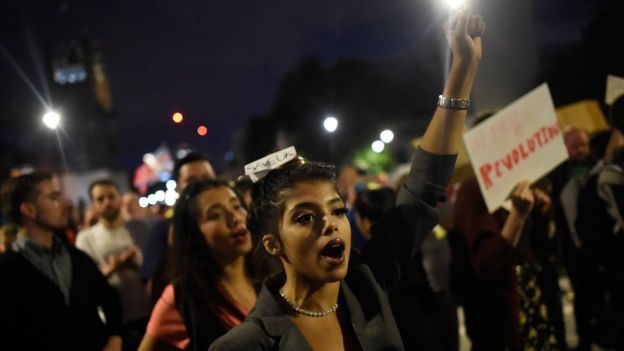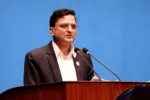LONDON: British Prime Minister Boris Johnson’s decision to suspend parliament has prompted an angry backlash from MPs and opponents of a no-deal Brexit.
It sparked protests across the country, a legal challenge and a petition with more than a million signatures.
The government said the five-week suspension in September and October will still allow time to debate Brexit.
But critics said it was an “undemocratic” attempt to stop MPs from blocking no deal.
Cabinet minister Michael Gove told the BBC the suspension, which was approved by the Queen on Wednesday, was “certainly not” a political move to obstruct opposition to the UK leaving the EU without a deal.
He said there would be “plenty of time” to debate Brexit before the scheduled departure date of 31 October.
On Wednesday, Mr Johnson said a Queen’s Speech would take place after the suspension, on 14 October, to outline his “very exciting agenda”.
He said he did not want to wait until after Brexit “before getting on with our plans to take this country forward”.
Leader of the House Jacob Rees-Mogg, who was at the meeting with the Queen, said this Parliamentary session had been one of the longest in almost 400 years, so it was right to suspend it and start a new session.
(Agencies)









Comment